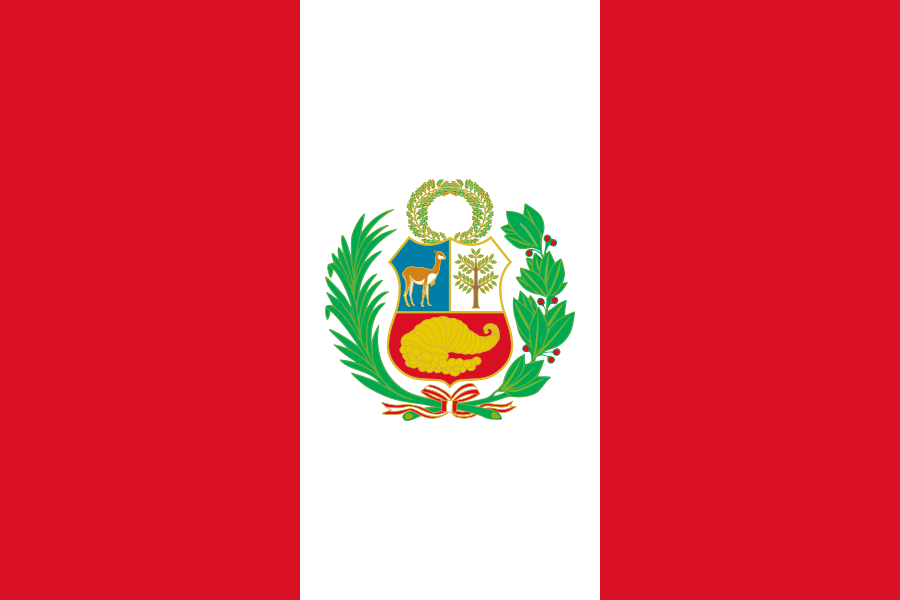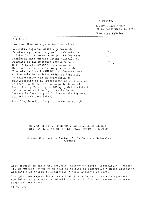Ancient Peru was the seat of several prominent Andean civilizations, most notably that of the Incas whose empire was captured by Spanish conquistadors in 1533. Peru declared its independence in 1821, and remaining Spanish forces were defeated in 1824. After a dozen years of military rule, Peru returned to democratic leadership in 1980, but experienced economic problems and the growth of a violent insurgency. President Alberto FUJIMORI's election in 1990 ushered in a decade that saw a dramatic turnaround in the economy and significant progress in curtailing guerrilla activity. Nevertheless, the president's increasing reliance on authoritarian measures and an economic slump in the late 1990s generated mounting dissatisfaction with his regime, which led to his resignation in 2000. A caretaker government oversaw a new election in the spring of 2001, which installed Alejandro TOLEDO Manrique as the new head of government - Peru's first democratically elected president of indigenous ethnicity. The presidential election of 2006 saw the return of Alan GARCIA Perez who, after a disappointing presidential term from 1985 to 1990, oversaw a robust economic rebound. Former army officer Ollanta HUMALA Tasso was elected president in June 2011, and carried on the sound, market-oriented economic policies of the three preceding administrations. Poverty and unemployment levels have fallen dramatically in the last decade, and today Peru boasts one of the best performing economies in Latin America. Pedro Pablo KUCZYNSKI Godard won a very narrow presidential runoff election in June 2016.
Peru is a presidential republic.
Source: CIA World Factbook
Members:
Resources
Displaying 56 - 60 of 201Expansión de la frontera agropecuaria en el eje San Ramón-La Merced de la selva central del Perú
Examina las experiencias obtenidas en la ocupación económica del territorio comprendido en el eje San Ramón-La Merced, de la Selva Central del Perú. El análisis está orientado a determinar las políticas de acción utilizadas por el Gobierno, el sector privado y otros, en el proceso de expansión agropecuaria y sus incidencias en el uso de los nuevos espacios, en cuanto a la conservación y mejoramiento de los ecosistemas intervenidos.
Tierraviva 2016-2020
General
In 2016-2020, Tierraviva manifests its intention to continue its established line of work supporting the demands of indigenous peoples, which in turn implies the respect for collective land rights, their unique cultures may be preserved and their legal rights. This is re-inforced through an increased work with advocacy at the national level, support to indigenous organisation and an increasing effort within gender.
Objectives
This project mainly contributes to results within Fair distribution of wealth and access to natural resources. Results will be reported later in the Global Civsam grant period 2016-2020




